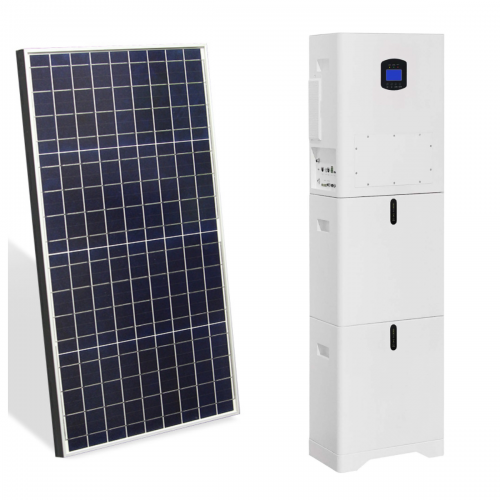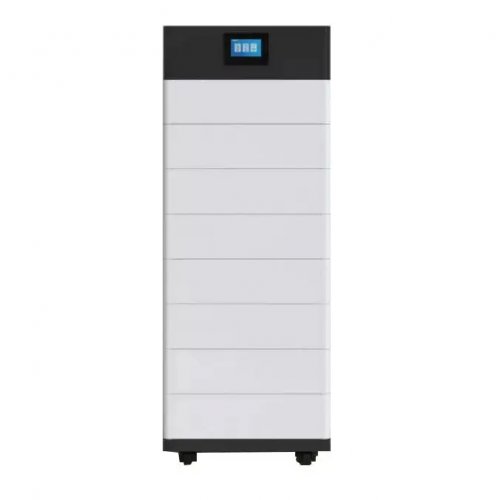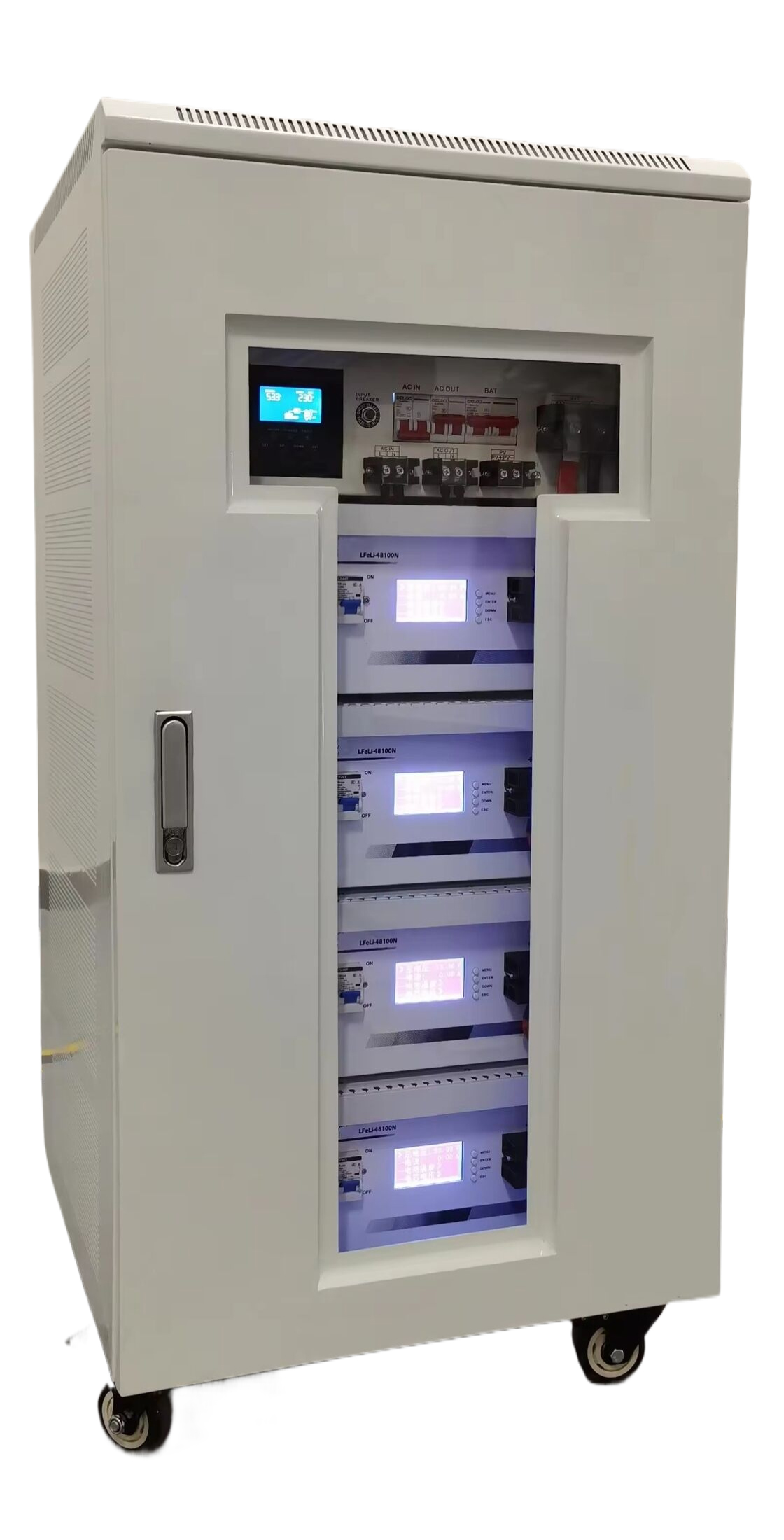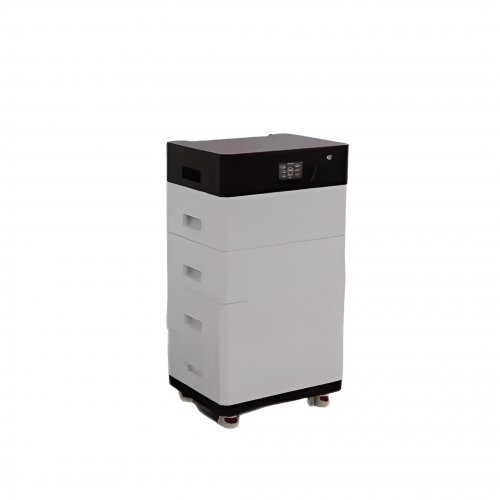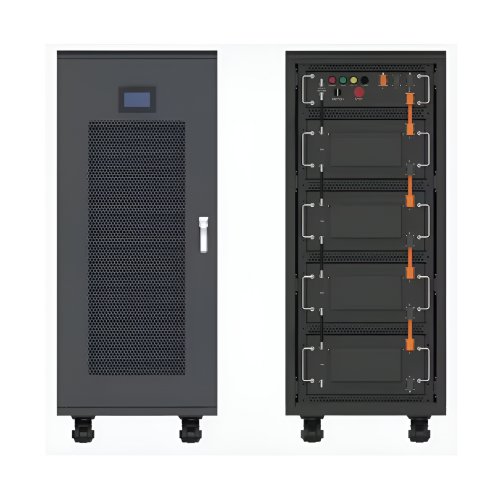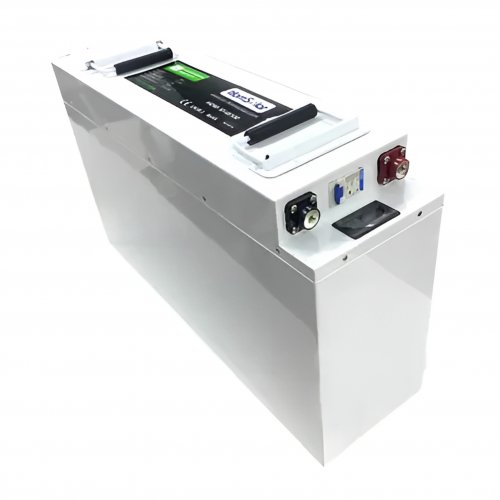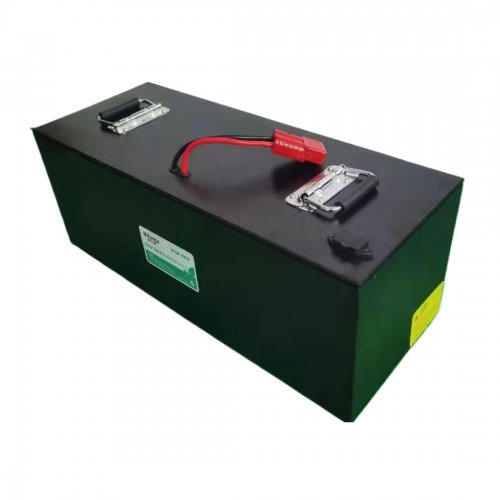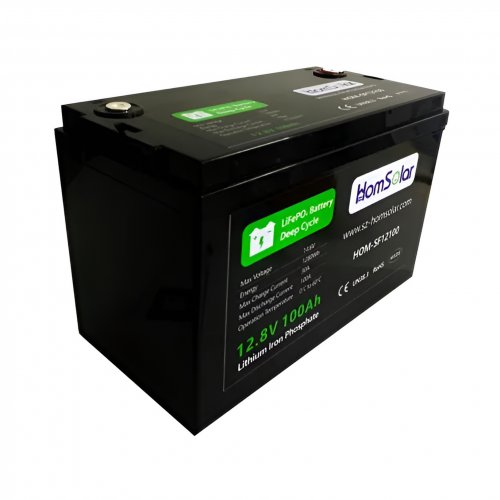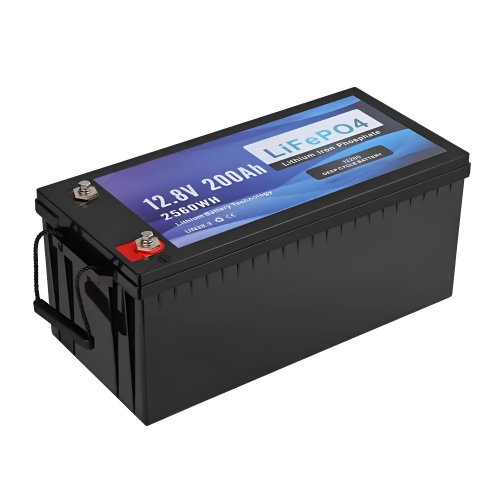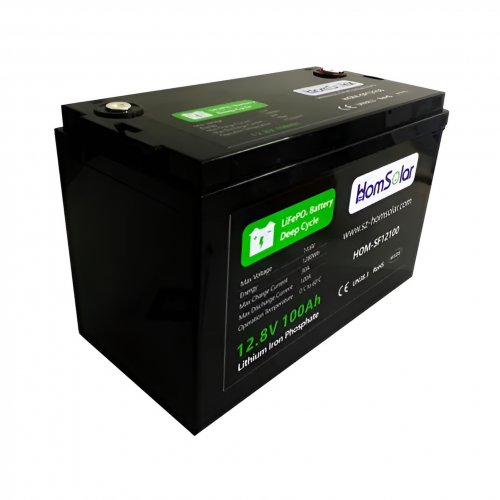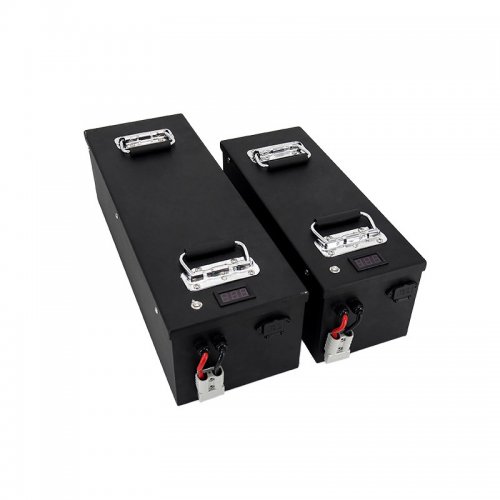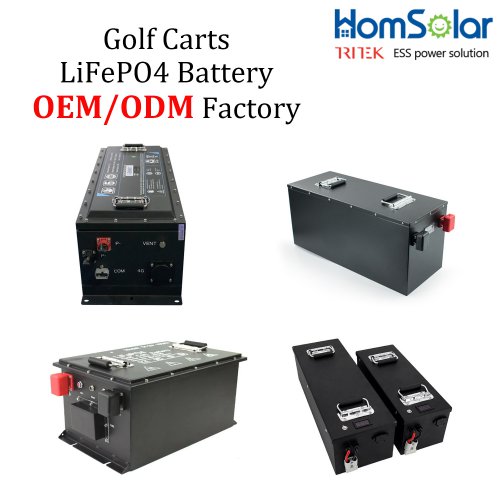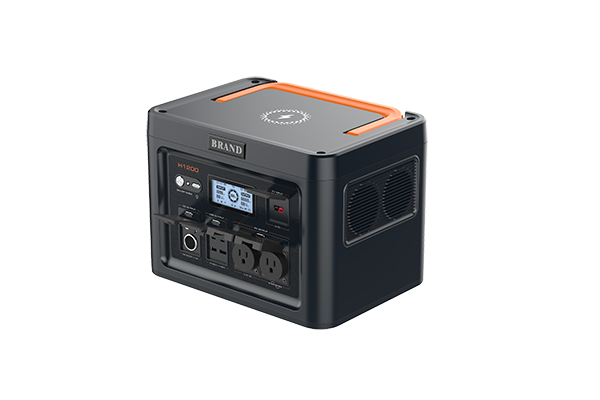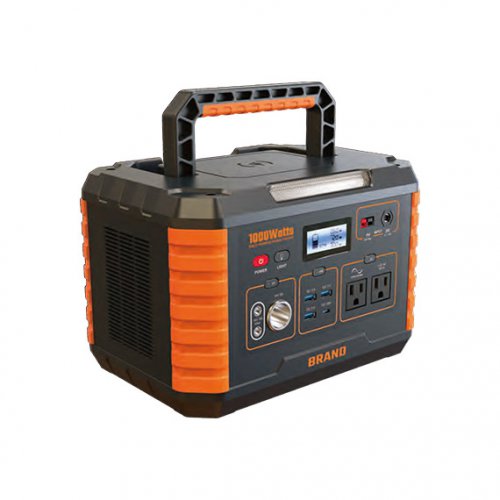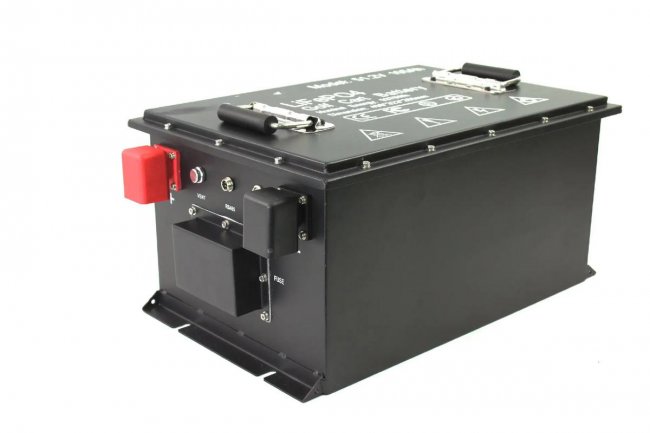Advances In Cost Reduction: Cutting-edge Research And Future Perspectives
Cost reduction remains a critical objective across industries, from manufacturing and energy to healthcare and information technology. As global competition intensifies and resource constraints tighten, researchers and engineers are developing innovative strategies to minimize expenses without compromising quality or efficiency. This article explores recent breakthroughs in cost-reduction methodologies, highlighting advancements in materials science, automation, renewable energy, and supply chain optimization. One of the most promising areas for cost reduction lies in the development of low-cost, high-performance materials. For instance, researchers have made significant strides in producing graphene at scale, a material once prohibitively expensive due to complex synthesis methods. A 2023 study by Chen et al. demonstrated a novel electrochemical exfoliation technique that reduces graphene production costs by 60% while maintaining its exceptional conductivity and mechanical strength (Chen et al.,Nature Materials, 2023).
Similarly, additive manufacturing (3D printing) has revolutionized material usage by minimizing waste. A breakthrough in metal 3D printing, reported by Zhang et al., introduced a powder-recycling system that cuts material costs by up to 40% (Advanced Materials, 2023). Such innovations are particularly impactful in aerospace and automotive industries, where lightweight, durable components are essential.
Artificial intelligence (AI) and automation are transforming cost structures by optimizing processes and reducing labor dependency. In manufacturing, AI-powered predictive maintenance systems can now forecast equipment failures with 95% accuracy, reducing downtime and repair costs (IEEE Transactions on Industrial Informatics, 2023). Companies like Siemens have implemented these systems, reporting a 30% reduction in maintenance expenditures.Robotic process automation (RPA) has also gained traction in administrative and logistical operations. A recent case study in the logistics sector showed that RPA reduced invoice processing costs by 50% by eliminating manual data entry errors (International Journal of Production Economics, 2023).
The shift toward renewable energy is not only environmentally beneficial but also economically advantageous. Solar photovoltaic (PV) technology has seen dramatic cost reductions, with perovskite solar cells emerging as a game-changer. A 2023 study by Green et al. revealed that perovskite-based PV modules could achieve production costs below $0.10 per watt, a 70% reduction compared to traditional silicon cells (Energy & Environmental Science, 2023).Battery storage systems are another focal point. Solid-state batteries, which offer higher energy density and longer lifespans, are now being produced at lower costs due to advancements in sulfide-based electrolytes (Nature Energy, 2023). These developments are crucial for reducing energy storage expenses in electric vehicles and grid applications.
Global supply chain disruptions have underscored the need for resilient and cost-effective logistics solutions. Digital twin technology, which creates virtual replicas of supply networks, enables real-time optimization of routes and inventory levels. A 2023 report by McKinsey highlighted that companies using digital twins reduced logistics costs by 15-20% (McKinsey Quarterly, 2023).Blockchain technology is also being leveraged to enhance transparency and reduce transaction costs. Walmart’s adoption of blockchain for food traceability cut supply chain auditing expenses by 30% (Harvard Business Review, 2023).
The future of cost reduction lies in interdisciplinary collaboration and scalable innovations. Key areas to watch include: 1. Circular Economy Models: Recycling and reusing materials will become more economically viable with advanced sorting technologies. 2. Quantum Computing: Optimization problems in logistics and manufacturing could be solved in seconds, drastically cutting operational costs. 3. Biomanufacturing: Engineered microbes may soon produce chemicals and materials at a fraction of current costs. Cost reduction is no longer just about cutting corners—it’s about smarter, more sustainable solutions. From advanced materials to AI-driven automation, recent research demonstrates that efficiency and affordability can coexist. As these technologies mature, businesses and consumers alike stand to benefit from lower costs without sacrificing performance.References
(
Customized/OEM/ODM Service
HomSolar Supports Lifepo4 battery pack customization/OEM/ODM service, welcome to contact us and tell us your needs.


HomSolar: Your One-stop LiFePO4 Battery Pack & ESS Solution Manufacturer
Our line of LiFePO4 (LFP) batteries offer a solution to demanding applications that require a lighter weight, longer life, and higher capacity battery. Features include advanced battery management systems (BMS), Bluetooth® communication and active intelligent monitoring.

Customised Lithium Iron Phosphate Battery Casing
ABS plastic housing, aluminium housing, stainless steel housing and iron housing are available, and can also be designed and customised according to your needs.

HomSolar Smart BMS
Intelligent Battery Management System for HomSolar Energy Storage System. Bluetooth, temperature sensor, LCD display, CAN interface, UART interface also available.


Terminals & Plugs Can Be Customized
A wide range of terminals and plugs can be customised to suit the application needs of your battery products.

Well-designed Solutions for Energy Storage Systems
We will design the perfect energy storage system solution according to your needs, so that you can easily solve the specific industry applications of battery products.



About Our Battery Cells
Our energy storage system products use brand new grade A LiFePO4 cells with a battery lifespan of more than 4,000 charge/discharge cycles.



Applications in Different Industries
We supply customized & OEM battery pack, assemble cells with wiring, fuse and plastic cover, all the cell wires connected to PCB plug or built BMS.
Applications: E-bike, Electric Scooter, Golf Carts, RV, Electric Wheelchair, Electric Tools, Robot Cleaner, Robot Sweeper, Solar Energy Storage System, Emergency Light, Solar Power Light, Medical Equipment, UPS Backup Power Supply.
We can provide you with customized services. We have the ability to provide a vertical supply chain, from single cells to pack/module and to a complete power solution with BMS, etc.


HomSolar (Shenzhen) Technology Co., Ltd







